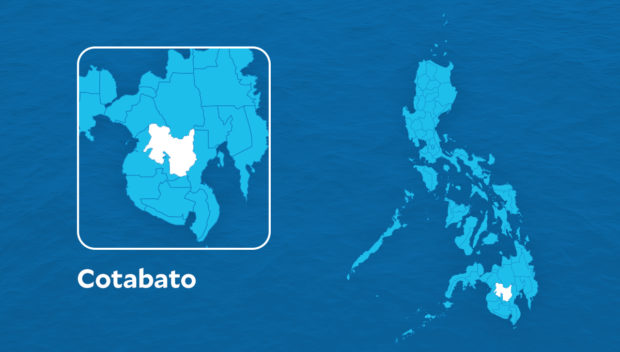Italian priest sends message of hope to red-tagged church workers
DAVAO CITY–An Italian priest who survived threats in the country has sent a message of hope during the Lenten break to church workers red-tagged and vilified for their works with the poor.
Fr. Peter Geremia, who just celebrated his 60th year of priesthood in Arakan, Cotabato last week, said Christ had experienced his bloody passion and death because he identified with the poor.
In fact, he said, it was Christ’s close identification with the poor, the deprived — deemed “crucified people” during the time of Christ as they are now — that had brought about his bloody passion and death on the cross more than 2,000 years ago.
Geremia, who worked among the poor first in Tondo and later among the tribal people of Mindanao after he arrived in the country 42 years ago, said his works made him share the passion and suffering of Christ, also the same kind of suffering experienced by church workers.
“I also have become identified with this kind of people because I tried to reach out to them as Jesus did…I have shared more and more the passion of Christ, the crucified savior. But I wonder how I can also share the resurrection of Christ and of our people?”
Article continues after this advertisementIn April 1985, the paramilitary group led by the Manero brothers had come looking for him at Crossing 125 of Tulunan town of Cotabato, but took the life of another Italian priest Fr. Tulio Favali, who came to answer the calls for help from frightened villagers. Favali was killed barely a year after he arrived in Tulunan.
Article continues after this advertisementThe group’s leader Norberto Manero Jr., also known as Kumander Bucay, was tried and convicted for life for killing the priest but was pardoned after serving six years in jail. He visited Favali’s grave and asked forgiveness from Geremia as soon as he was freed.
In his book, “My Missionary experience as tribal Filipino advocate in the Diocese of Kidapawan,” launched in Kidapawan City on April 5, Geremia lamented the closure of Lumad schools that the church workers and groups helped set up in Cotabato province. He considered it part of the persecution of the poor.
But he said, “Even as victims of oppression, we can continue with the way of Christ, to witness the suffering of our people and experience with them liberation from the oppressive system.”
“We can become witnesses in the struggle and liberation of our people. We may never complete it during our time, but we can share hope and joy in becoming part of the Kingdom of God,” Geremia said, explaining that the “Kingdom of God” exists where compassion is shared among the people.
“One of the places where we can experience the Kingdom of God is in the family, where parents sacrifice for the sake of the children or in the community, where people are sharing and helping one another,” Geremia said.
He also said that communities, where people are sharing and helping each other, are growing in number.
“There are many people getting involved in supporting and helping each other,” he said.
“Where there’s compassion, people are already experiencing part of the Kingdom of God. Although not all are happy and transformed because there are those who resent people who are compassionate, we trust that compassion will triumph in the end,” he said.
“We have strong expectations that compassion will prevail, and this (reflection) jibes with the celebration of the Holy Week,” he told the Inquirer.
RELATED STORY:
2 Mindanao journalists, IFI priest bewail Red-tagging
